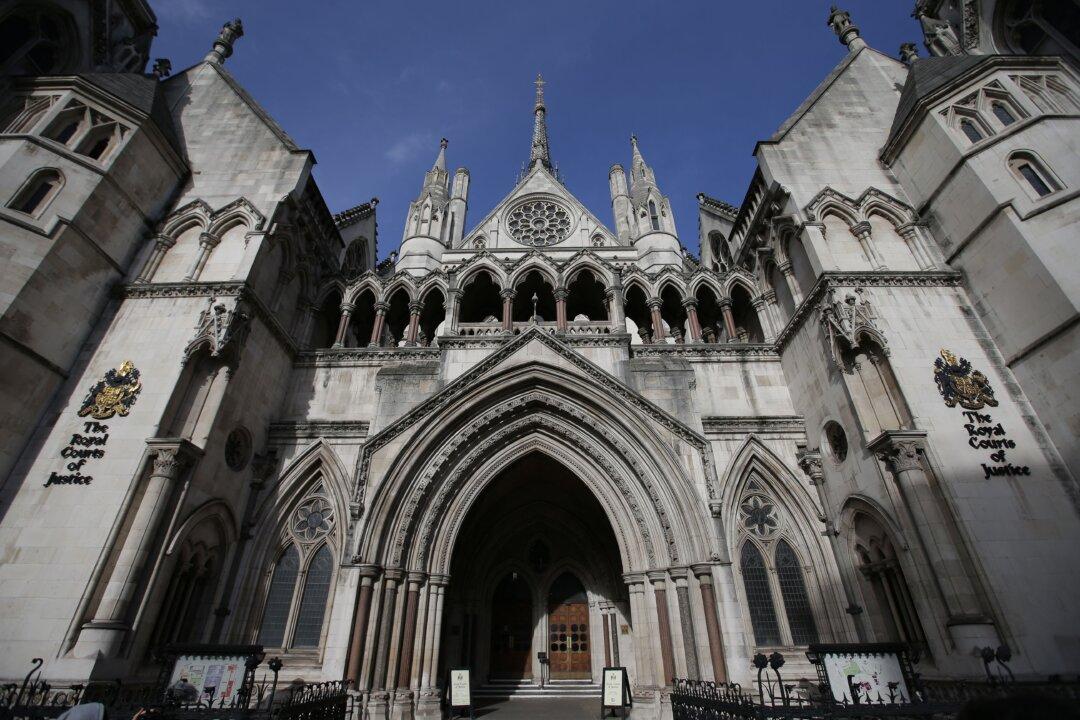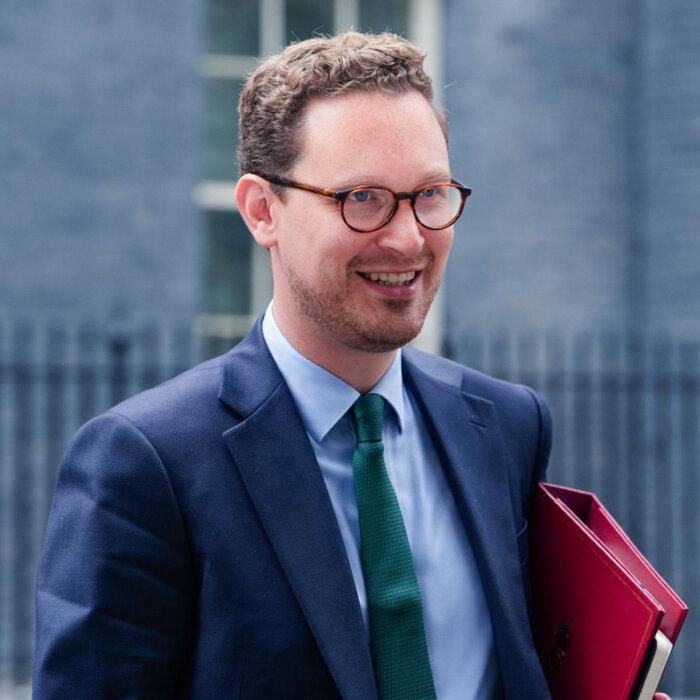The High Court has given permission to two mothers who had children as a result of rape or coercion to legally challenge the rules around the two-child benefit limit policy.
Both women became pregnant with two or more children non-consensually while in abusive relationships that began in their teenage years.
The second woman, referred to in the case as LMN, has six children, who were conceived with abusive partners.
2-Child Cap
The two-child limit was introduced in 2015 and applies to families with a third or subsequent child born after April 2017 claiming means-tested Child Tax Credit or Universal Credit, which is replacing Child Tax Credit.An exception to the two-child limit applies when a child has been conceived non-consensually, but it only covers third or subsequent children in the household. Sometimes known as the rape clause, the exception can be applied when the woman was in an abusive relationship.
Commenting on the case of the two mothers, the head of strategic litigation at CPAG, Claire Hall, said: “Both of these women are subjected to the two-child limit despite the fact that they have conceived children non-consensually.
“And the reason for that is because the exemption only applies to third or subsequent children, and we’re saying that they should be able to get the exemption for the non-consensually conceived children, irrespective of at what point they are born.”
Speaking through the charity, the mother known as EFG said, “If I had been raped after my first two children were born, the exceptions would be applied, so basically [the DWP] are telling me that I was raped at the wrong time.”
“The claims are properly arguable with a realistic prospect of success,” Fordham said.
Costs
CPAG has suggested that the current benefits policy has cost the two women thousands of pounds in support.The charity added that while the woman known as LMN eventually received an exception for her youngest child, she missed years’ worth of financial support, which will not be backdated.
CPAG Chief Executive Alison Garnham called the two-child limit “brutal” and called for the policy to be abolished.
“The families in this case are trying to rebuild their lives after many years of abuse. But their task is made all the harder by inhumane benefit rules that pile more pain on those they should be protecting,” said Garnham.
Labour said it is committed to ending child poverty, but cannot afford to abolish the two-child limit because of unexpected higher borrowing.
Prime Minister Sir Keir Starmer had said that there was “no silver bullet” to ending child poverty, but acknowledged the “passion” of backbenchers who opposed the benefit cap.







